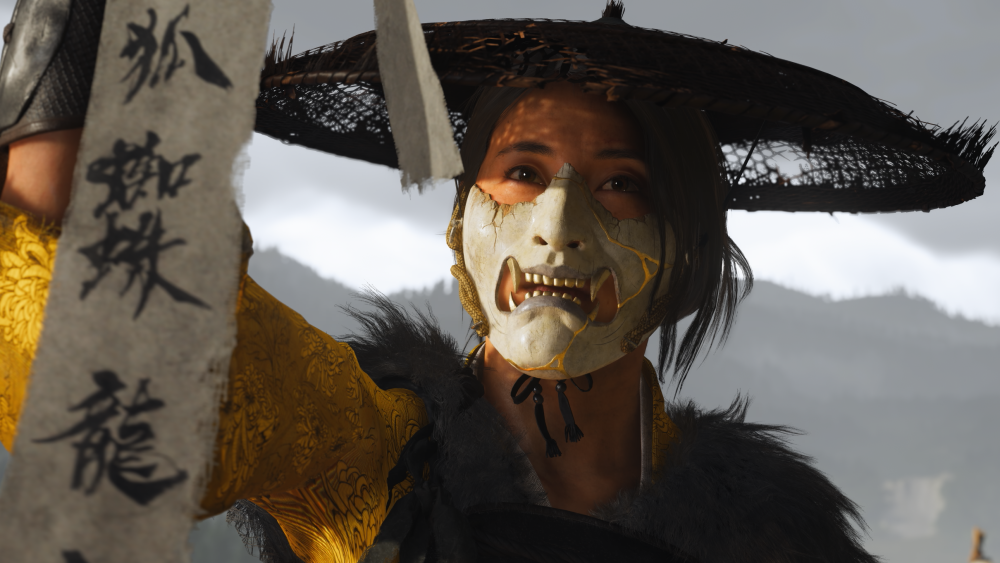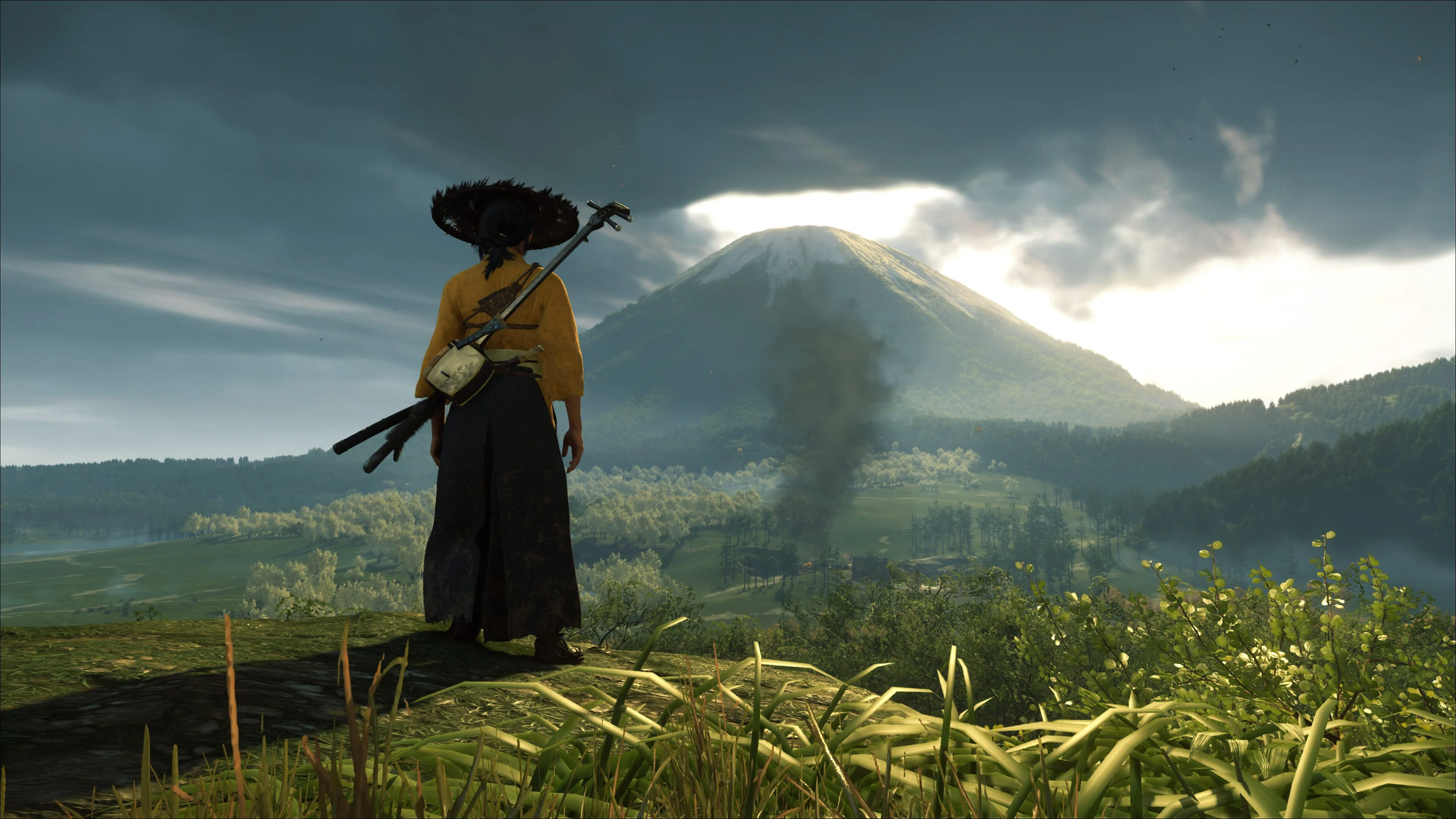Ghost of Yotei arrived with a quality bar shaped by Ghost of Tsushima and a culture‑war crossfire that built for months. The controversy isn’t one thing; it’s a stack of flashpoints that different groups have treated as a referendum on the game, the studio, and the industry at large.
What triggered the boycott talk
The catalyst was a senior developer’s off‑platform joke about the shooting and death of Charlie Kirk. The post spread widely, drew condemnation, and the developer was fired shortly thereafter. That decision split sentiment in two directions:
- Right‑leaning critics said the joke crossed a line and called to boycott the game and the studio.
- Others objected to the firing itself, arguing the company capitulated and should have defended employee speech; some pushed for broader action against staff who endorsed or “liked” the post, while a different slice argued the studio owed a fuller apology and accountability.
That push‑pull — “fire them” versus “they shouldn’t have been fired” — created overlapping boycott narratives aimed at the same product for opposite reasons.
The cast and protagonist became a second fault line
Separate from the firing, Ghost of Yotei replaces Tsushima’s Jin Sakai with a new lead, Atsu, a woman driven by a revenge arc in 17th‑century Hokkaido. For some, the shift was framed as “political” or “agenda‑driven,” or simply unwelcome because Jin is not the playable hero this time. Others pushed back, noting that a female lead is not inherently political and that the setting and premise support the character in fiction.

Lead actor Erika Ishii also became a lightning rod. Her public activism — including identifying as antifa and being openly queer and non‑binary — was cited by detractors long before launch. Supporters countered that an actor’s views do not define a project and that her résumé and performance should stand on their own.
What each side is actually boycotting
| Reason cited | How it’s framed by supporters | How it’s challenged by others |
|---|---|---|
| Developer’s Kirk joke | Unacceptable to make light of a killing; don’t fund it | The employee was fired; one person’s post isn’t the game |
| Firing after the joke | Capitulation to political pressure; chilling speech | Companies routinely discipline public conduct tied to their brand |
| Female protagonist | “Replacing” Jin, seen as forced representation | Creative choice; story and setting justify a new lead |
| Voice actor’s activism | Objection to antifa identification and politics | Personal politics aren’t the product; judge the performance |
Is there really a boycott?
There are visible calls to cancel preorders and skip the game. There are also plenty of players who said they were never going to buy it and others who bought specifically because they saw the outrage as performative. A recurring theme from neutral players is simple: they intend to play the game and avoid the noise.
In short, the “boycott” is real as an online campaign with passionate organizers on both sides. Whether it meaningfully extends beyond social feeds and comment sections is less clear.
Early signals on sales and momentum
Despite months of controversy, early indicators pointed to strong demand. Before launch, Ghost of Yotei topped PlayStation Store preorder charts in multiple regions and led retail preorder rankings in at least one major market. Detractors argue that storefront charts are a narrow snapshot and that top billing can coincide with a thin release slate. Both points can be true: preorder charts show interest, not lifetime performance.
One practical observation has held up across game launches in recent years: highly online campaigns — for or against — often represent a small portion of the purchasing audience. A boycott can still move the needle, but the burden of proof is on sustained sales trends, not a week of clips and screenshots.
What’s actually in the game
Outside the culture‑war framing, Ghost of Yotei is a narrative action game set in Hokkaido, years after Tsushima, with Atsu’s revenge story as the spine. The character’s arc leans into folklore influences — the legend of a vengeful spirit is a touchstone — and a broad theme set that still includes honor, survival, and sacrifice. The creative goal is clear: preserve the feel players associate with Tsushima while telling a different story through a new lead. Whether that lands for you is a matter of taste more than politics.

How to decide if you should buy
- If the developer’s joke is a hard red line, note that the person was removed; if you believe the studio should have gone further or should not have acted at all, you may still choose to abstain.
- If a female lead or the lead actor’s activism is your sticking point, be honest about whether that outweighs the gameplay and setting you want.
- If you just want another open‑world samurai adventure, evaluate what’s on screen — combat feel, mission design, and the new setting — rather than the discourse around it.
The key takeaway is simple: multiple, conflicting boycott narratives converged on Ghost of Yotei at once. Some people are skipping it for political reasons, some for creative ones, and some for neither. So far, broad player interest appears resilient in the face of online campaigns. The most reliable signal, as ever, will be where players spend time and money over the next few months — not where arguments go viral for a weekend.

